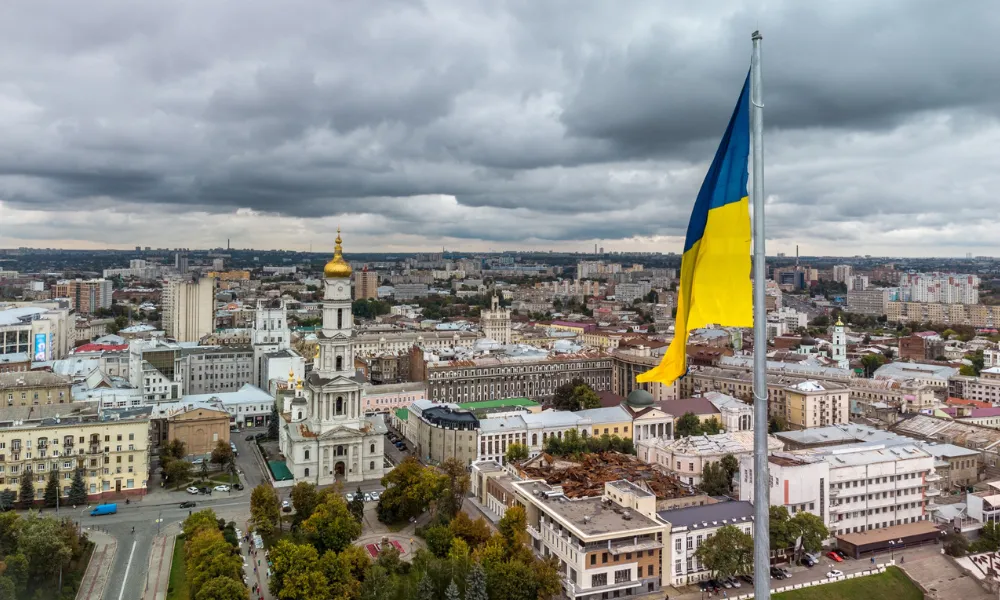Ukraine has agreed in principle to a US-brokered peace framework aimed at halting Russia’s nearly four-year offensive, a senior US official told CBS News. Rustem Umerov, Ukraine’s national security adviser, said the sides reached a “common understanding” on a proposal, with details still to be settled, and voiced hope President Volodymyr Zelenskyy could travel to Washington before the end of November to finalise terms.
The diplomatic push has intensified this week in Abu Dhabi, where US Army Secretary Dan Driscoll met Russian officials to discuss the revised plan. The Financial Times, Politico and the Guardian reported that the framework being discussed pares back an earlier 28-point US proposal to around 19 points after complaints that the initial draft tilted toward Moscow. Key questions on territory and security guarantees remain for decision at presidential level.
Moscow has not publicly endorsed the outline. Foreign Minister Sergey Lavrov said Russia “appreciates” US initiative but will not leak details before any formal accords, and expects Washington to brief it on talks with Kyiv and European partners soon. Reuters reported separate missile and drone strikes by both sides continuing amid the diplomacy, underscoring the stakes for any ceasefire.
What is in the revised framework
Reports indicate the reworked document softens earlier provisions on NATO and territorial concessions. Outlets say the most contentious ideas in the original 28-point draft were removed or deferred, with final decisions on borders left to a Trump–Zelensky meeting if it occurs. A CBS account frames Kyiv’s position as agreement “to the peace deal” pending minor issues, while US media and the FT caution that points on security guarantees and European architecture are still open.
Who is at the table
The FT named Driscoll and Ukraine’s military intelligence chief Kyrylo Budanov among participants in Abu Dhabi, following US-Ukraine talks in Geneva. Politico describes Driscoll operating in a channel parallel to the State Department, reflecting the White House’s push to convert a Geneva “common understanding” into an executable plan with Russia. European leaders are tracking developments closely and have voiced concerns about any deal that might reward aggression or sideline Kyiv’s agency.
France and other EU capitals have warned against a rushed settlement. The Guardian reports European unease over terms that could freeze lines of control in ways favourable to Russia, while Kyiv insists any compromises must strengthen, not weaken, Ukraine. Independent verification of the full text is not yet possible; none of the parties has released a document, and officials stress that presidential decisions will be decisive.
Sources: Politico, CBS News, Reuters, The Guardian
